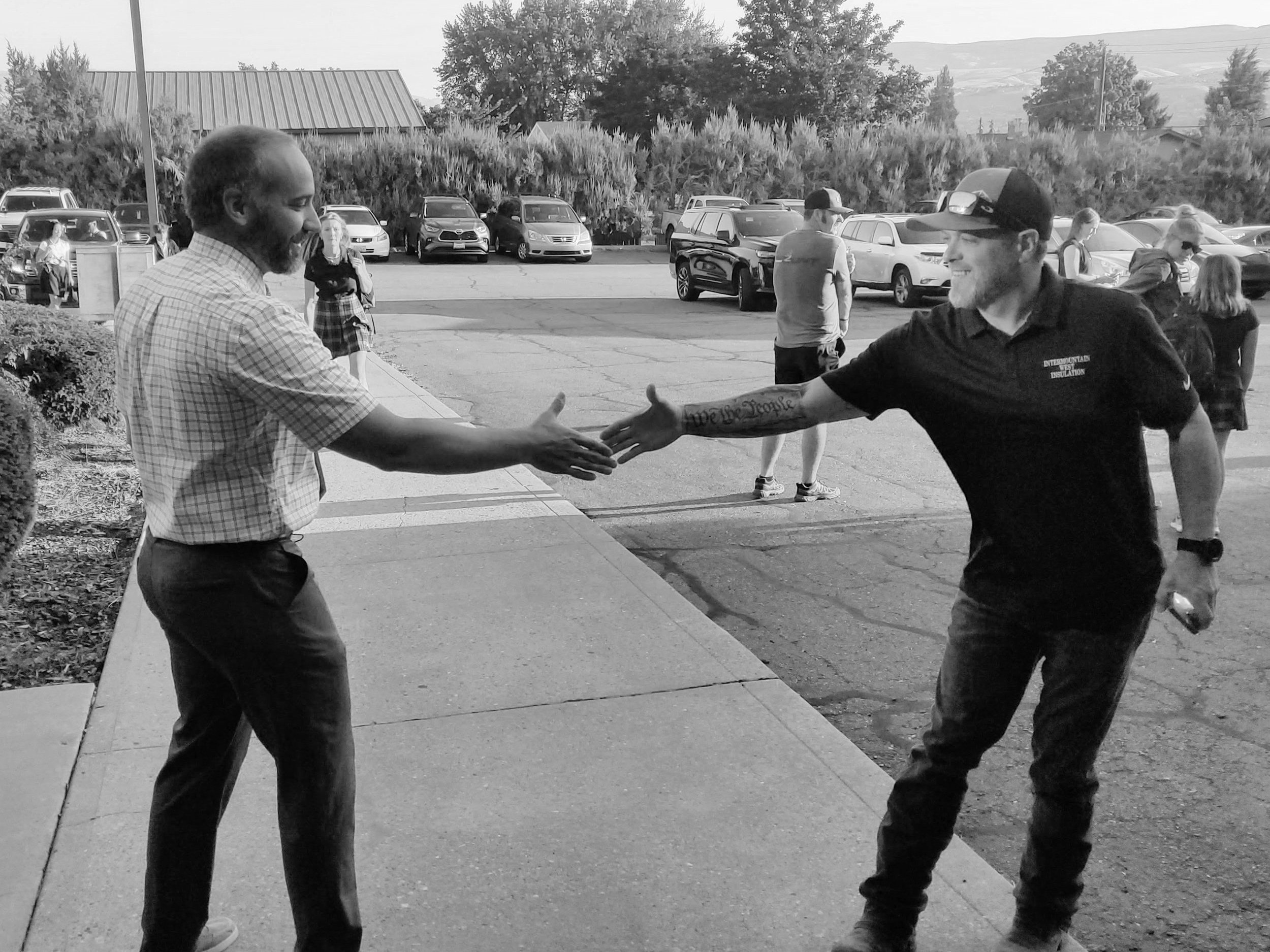True love is an action, and specifically an act of sacrifice. “Greater love has no one than this: to lay down one’s life for one’s friends” (John 15:13). God demonstrated His unconditional love for us when He sent His Son to die as an atonement for our sin. In response to this greatest gift and act of love, God commands us to love Him with all our heart, soul, and mind, and to love others as yourself (Matthew 22: 37-39). Not just on February 14.
Modern American culture bombards us with messages that love is a feeling to be expressed in any way that feels right. However, as Christians, we know that God - not any person - is the definition of love. He describes love as patient, kind, rejoices in truth, always protects, always trusts, always hopes, always perseveres. (1 Cor. 13:4-7) Love is a choice that requires thinking of yourself less (not envious, not boastful, not self-seeking, not easily angered, not a keeper of records of wrong) and of others more. Selfless acts that bless and serve others - such as inviting someone different from you to have lunch with you, getting to know them, helping clean up messes you didn’t create - require more thought and effort than writing someone’s name on a card or giving them some candy.
We have not traditionally exchanged valentines with classmates at TRA, so there is no need to buy or make anything for your child to bring into school. Instead, we celebrate, in class, the love of God and our call to love others. People should know we are Christians by our love. If we as Christians are not looking for ways to share God’s love with others, after having experienced the greatest act of love ever shown in Jesus’s death and resurrection, then who will? Part of educating future Christian leaders requires looking to God’s definition of love and teaching students how to express that love well to all people - not just on Valentine’s Day, but every day.
-Lisa Hysom, TRA Interim Head of School





